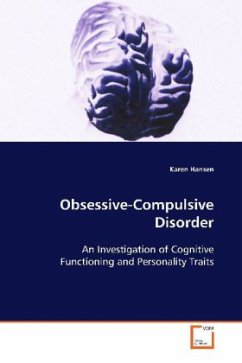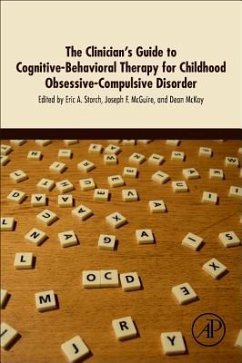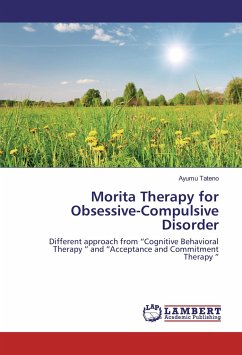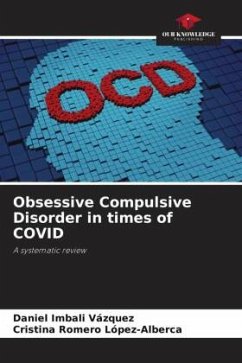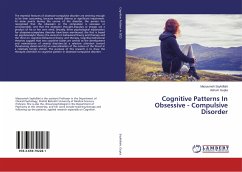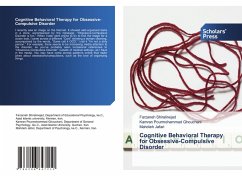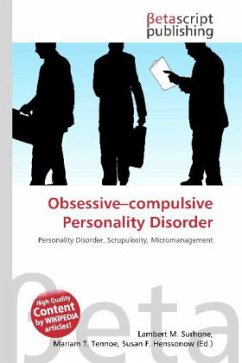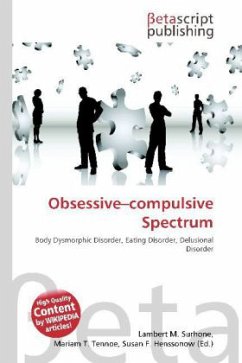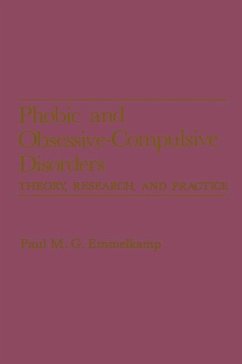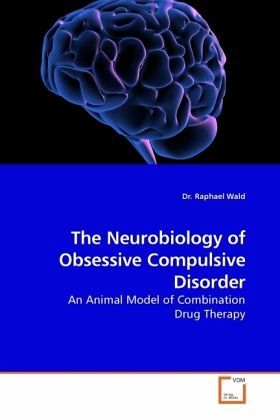
The Neurobiology of Obsessive Compulsive Disorder
An Animal Model of Combination Drug Therapy
Versandkostenfrei!
Versandfertig in 6-10 Tagen
32,99 €
inkl. MwSt.

PAYBACK Punkte
16 °P sammeln!
Obsessive Compulsive Disorder is a psychological illness which can have devastating effects on those afflicted. The disorder is characterized by fixation and rumination on a thought and by repetitive actions aimed at quelling the fixation. Obsessive Compulsive Disorder is currently treated using behavioral treatments and psychotropic medications with varying degrees of success. The most popular class of drug on the market today for the treatment of Obsessive Compulsive Disorder is the selective serotonin reuptake inhibitor. In addition to the selective serotonin reuptake inhibitor, another dru...
Obsessive Compulsive Disorder is a psychological illness which can have devastating effects on those afflicted. The disorder is characterized by fixation and rumination on a thought and by repetitive actions aimed at quelling the fixation. Obsessive Compulsive Disorder is currently treated using behavioral treatments and psychotropic medications with varying degrees of success. The most popular class of drug on the market today for the treatment of Obsessive Compulsive Disorder is the selective serotonin reuptake inhibitor. In addition to the selective serotonin reuptake inhibitor, another drug, the N-methyl D-aspartate antagonist, has been used in the treatment of Obsessive Compulsive Disorder, though only anecdotal evidence is available to show its efficacy.The present study investigates whether a combination of selective serotonin reuptake inhibitor fluoxetine and N-methyl D-aspartate receptor antagonist memantine are more effective than either drug alone in reducing compulsive symptomatology in an animal model of Obsessive Compulsive behavior.



